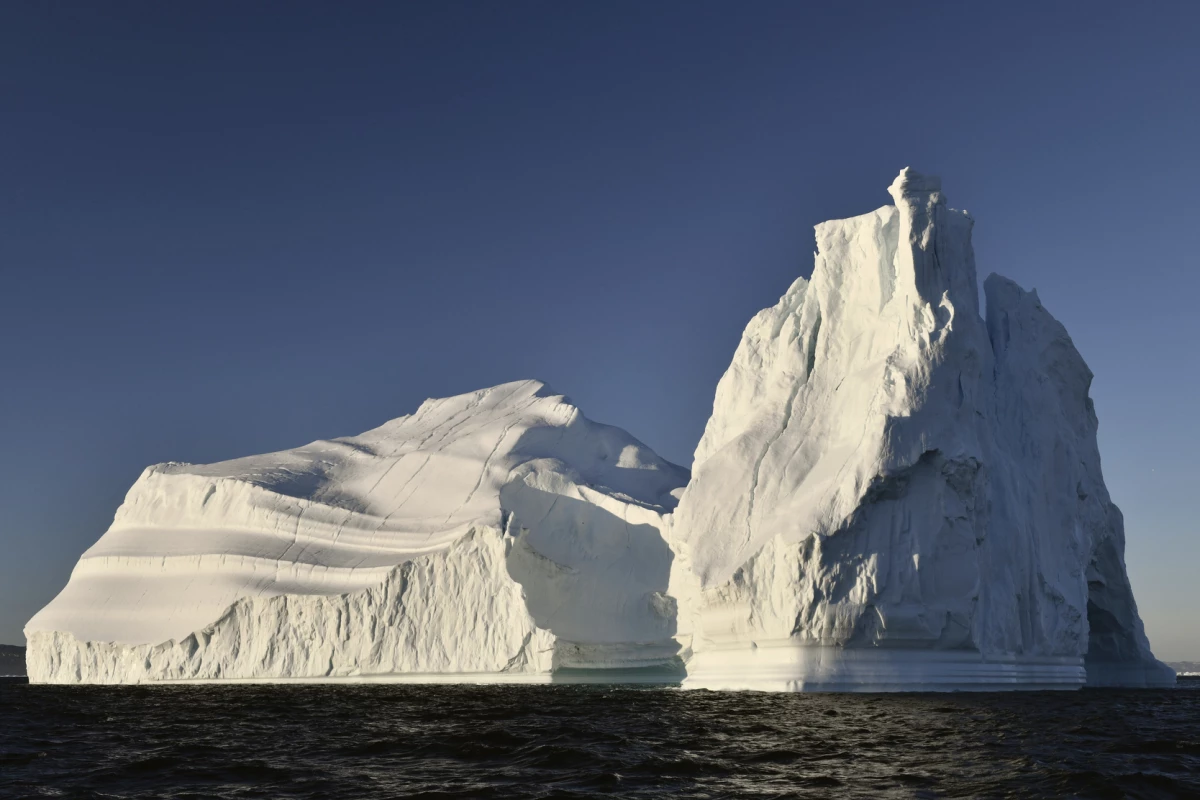Greenland is one of the places hardest hit by climate change, and now a new study has revealed that the situation is even worse than we thought. A comprehensive new study has tracked long-term ice loss in the region and found that the Greenland Ice Sheet has lost 3.8 trillion tonnes of ice since 1992 – and the annual rate is rising faster than previously expected.
The project is known as the Ice Sheet Mass Balance Inter-comparison Exercise (IMBIE), and it’s made up of 89 scientists from 50 institutions around the world. The team compiled data from 26 separate surveys taken over 11 satellite missions, monitoring changes in the Greenland Ice Sheet’s volume, flow and gravity between 1992 and 2018.
The team calculated that in that time, Greenland has lost 3.8 trillion tonnes of ice, which has raised global sea levels by 10.6 mm (0.4 in). The ice loss has also been speeding up, so that it’s melting more than seven times faster now – up from an average of 33 billion tonnes per year in the 1990s to 254 billion tonnes this decade.
At its most intense, ice losses were even greater – around 2011 annual ice loss was at a whopping 335 billion tonnes, or 10 times the 1990s' rate. Things slowed down a little in recent years – to 238 billion tonnes per year – but this is still seven times faster than in the 1990s. Plus the dataset is missing 2019, which is expected to be warmer.
Using regional climate models, the researchers were able to show that around 52 percent of this ice loss was the result of warmer air temperatures, while the other 48 percent was due to warmer waters.
All this material has to go somewhere, of course, and that somewhere is the ocean. As such, sea levels are also rising about seven times faster now than they were in the 1990s.
The researchers say that this increase in ice loss and sea level rise means that we’re on track to meet the higher end of predicted climate change scenarios. The Intergovernmental Panel on Climate Change (IPCC) predicted that the most likely scenario for global sea levels would be a rise of 60 cm (23.6 in) by 2100 – but the IMBIE figures show we’re headed for 67 cm (26.4 in).
That might not sound like a lot, but averaged over the whole Earth it makes a big difference. For coastal and low-lying areas, higher sea levels mean storm flooding is more likely to occur and be more devastating when it does.
“As a rule of thumb, for every centimeter (0.4 in) rise in global sea level another six million people are exposed to coastal flooding around the planet,” says Andrew Shepherd, lead scientist on IMBIE. “On current trends, Greenland ice melting will cause 100 million people to be flooded each year by the end of the century, so 400 million in total due to all sea level rise. These are not unlikely events or small impacts; they are happening and will be devastating for coastal communities.”
The research was published in the journal Nature. The team describes the work in the video below.
Source: University of Leeds




